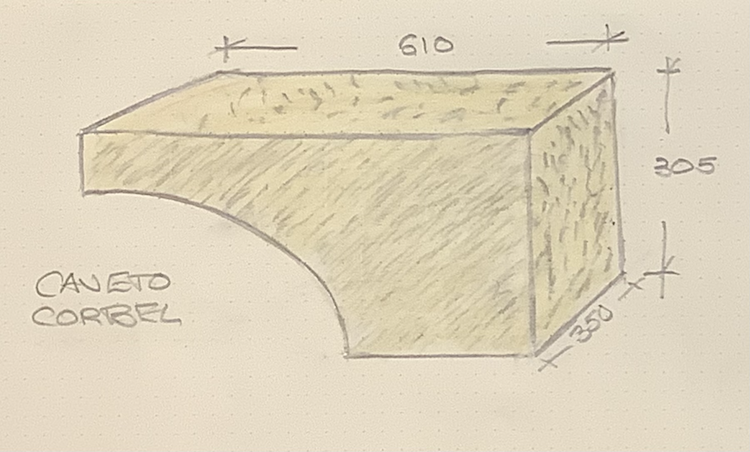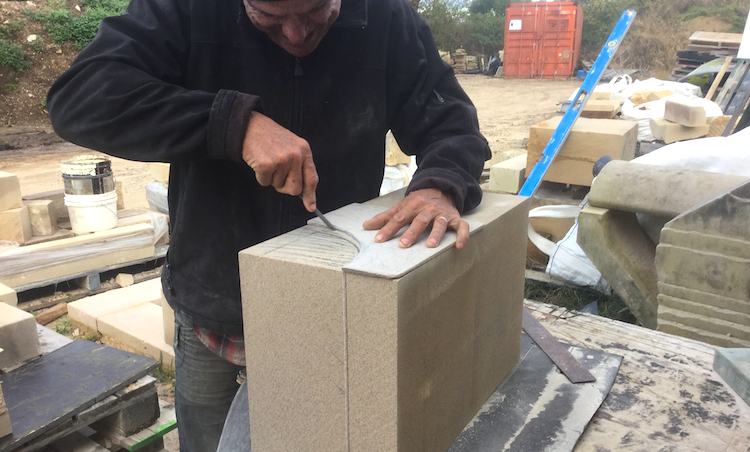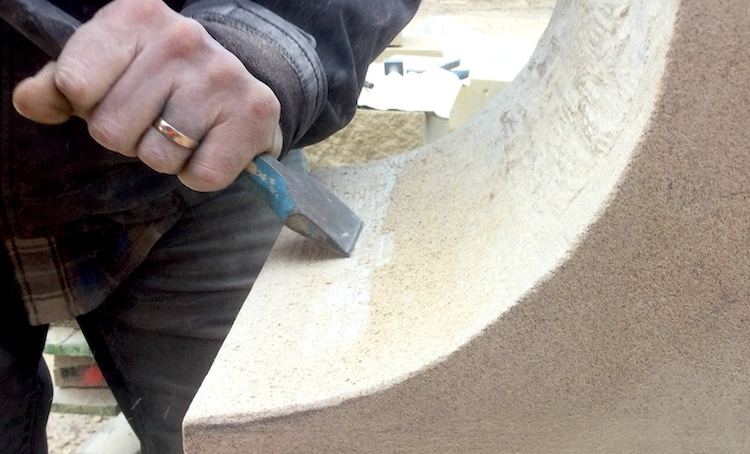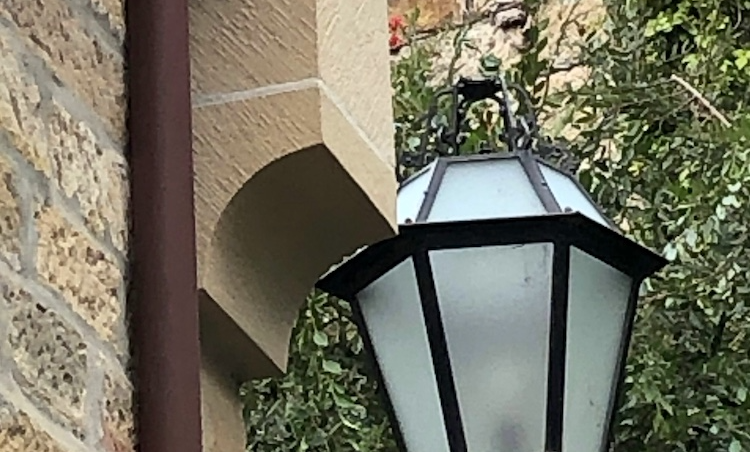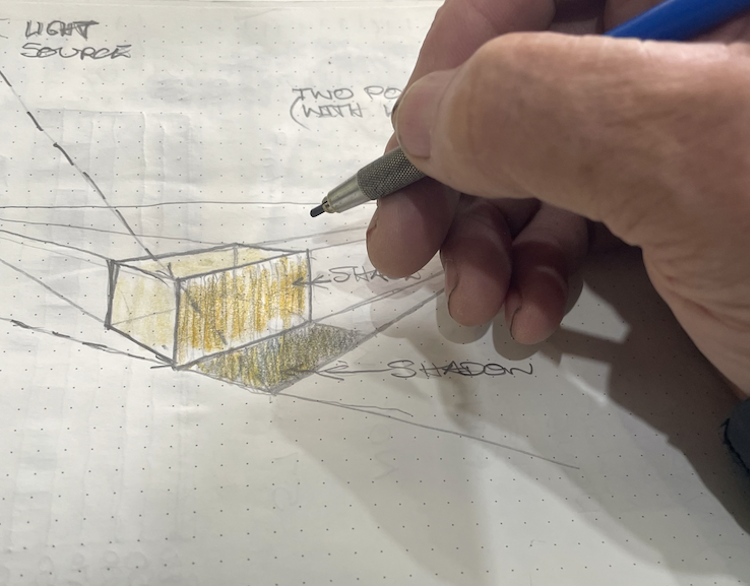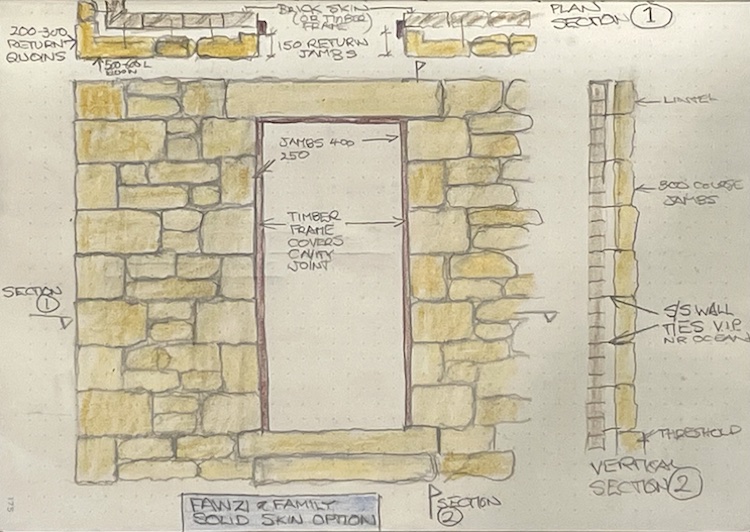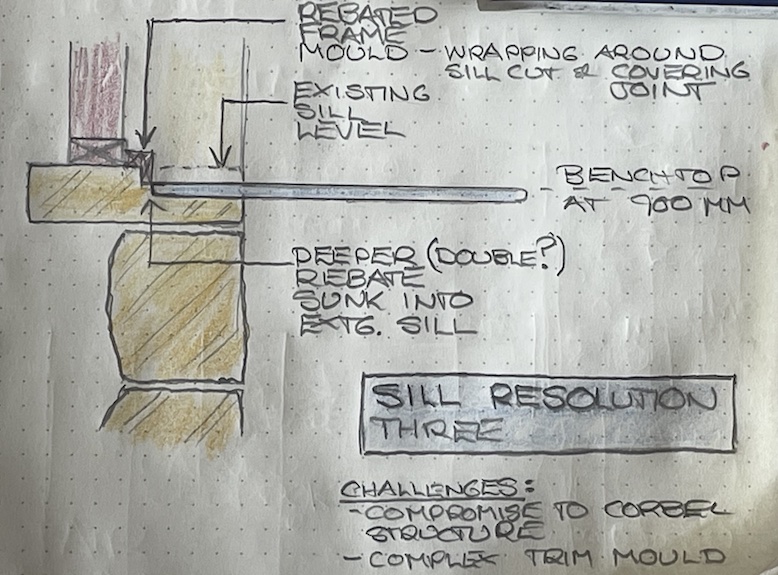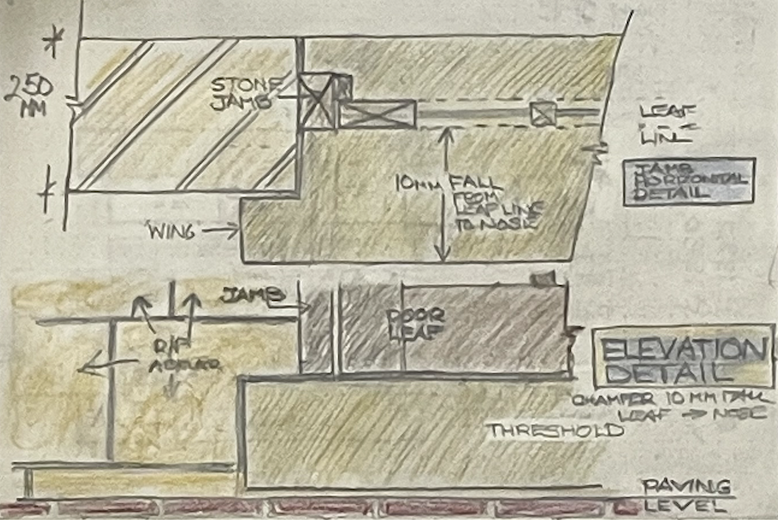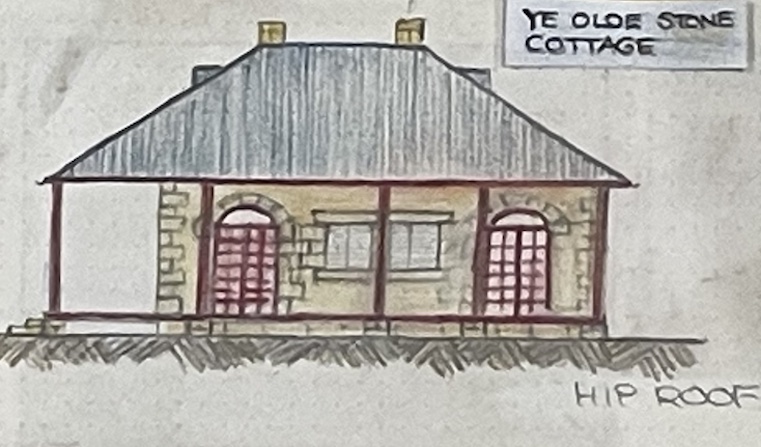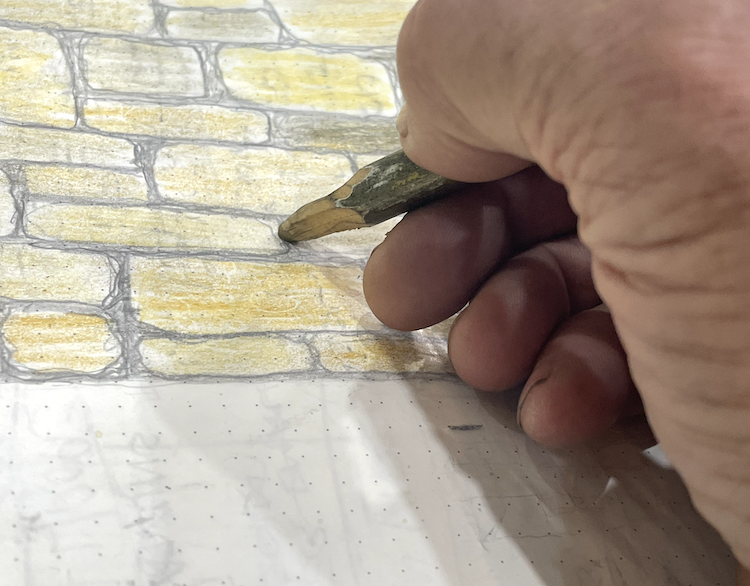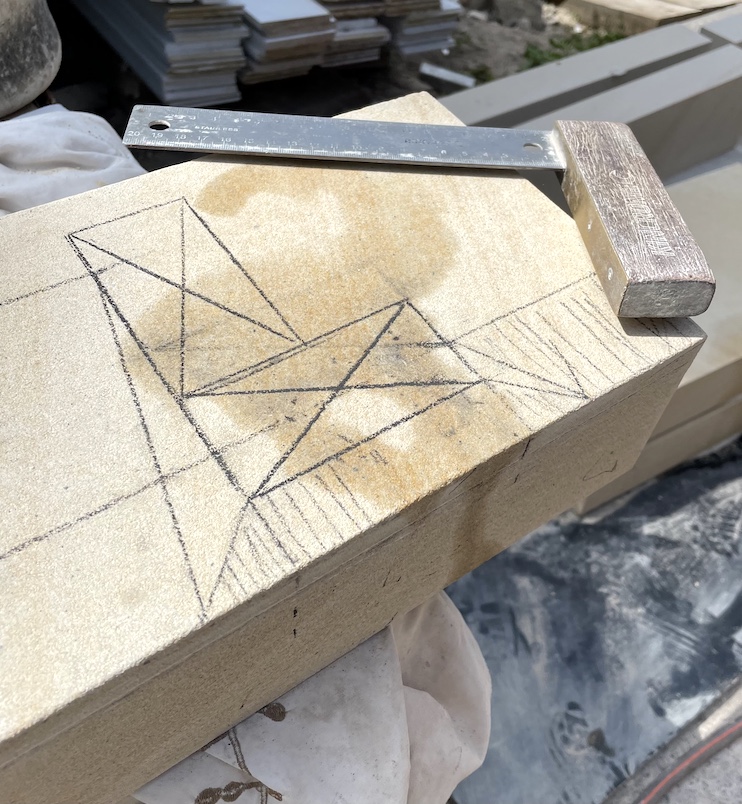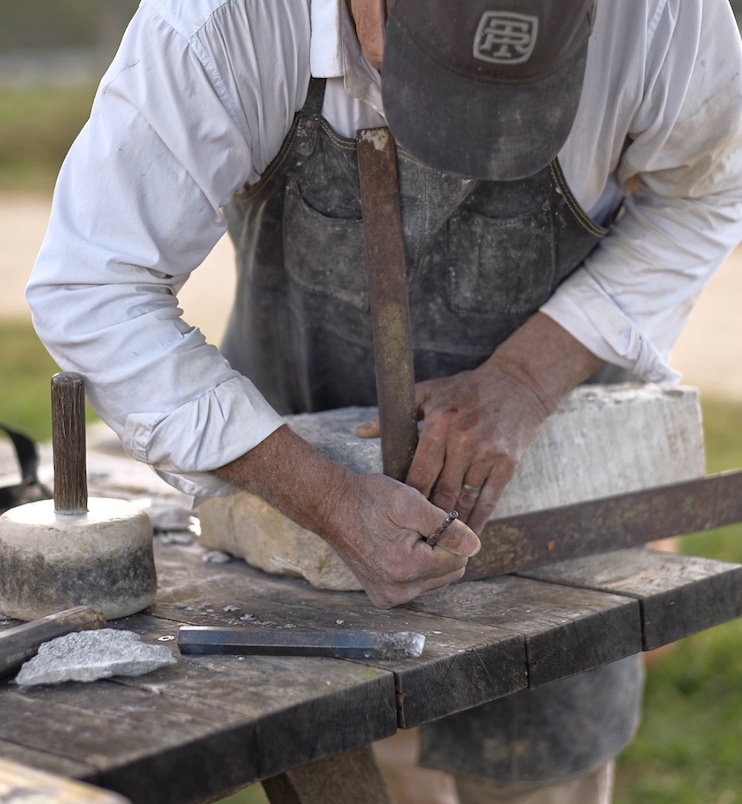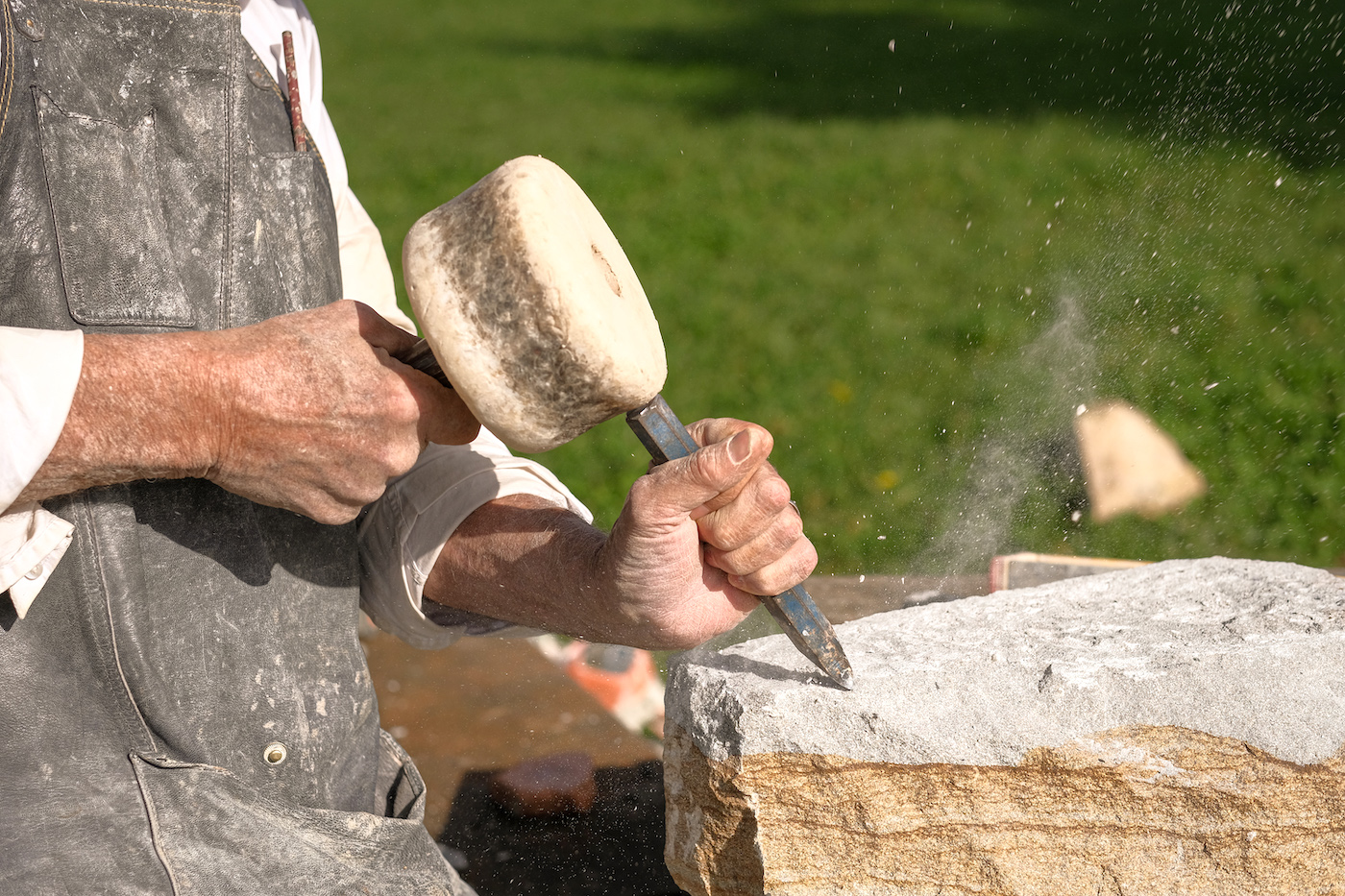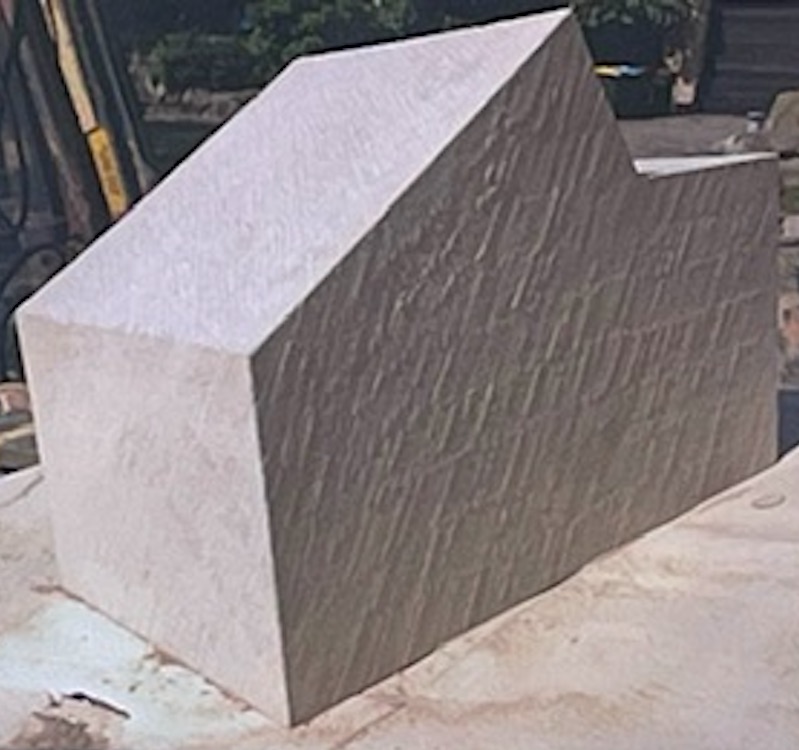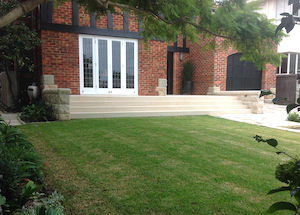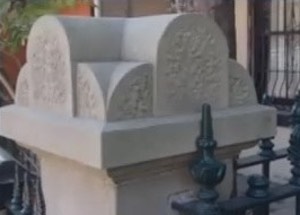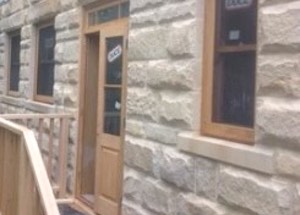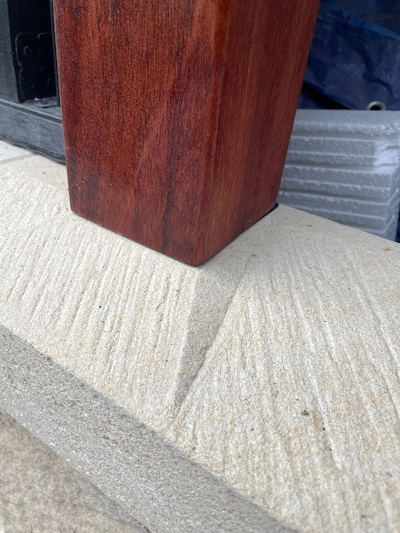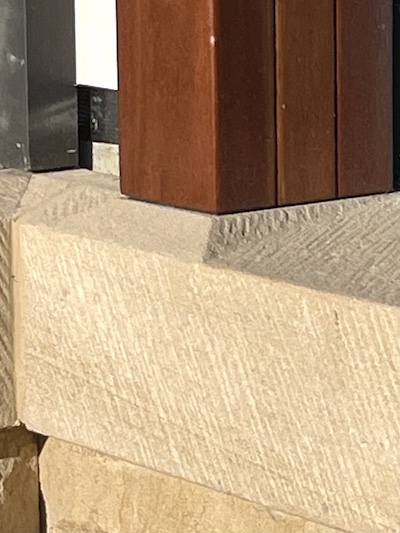studio
a room from which to think of other rooms
true stone design designs stone.
true stone designs begin on paper where proportions and aesthetic arrangements are conceived.
The scale and shape of individual stone elements considers:-structural expressiveness-weather function-texture and shadow-golden ratio-a past-present-future continuum
The true stone design process follows certain assumptions:-stone is a uniquely eloquent building material-stone’s architectural function is enhanced by prioritising texture, proportion and structural expression-these qualities are abundantly expressed in historical references-these qualities tolerate limited compromise in architectural contexts-these concepts, when committed to at project inception, enable project economies
workshop
where sketch meets stone
Workshop craft includes:– Stone Selection – Splitting + Cutting – Squaring + Drafting– Chamfering + Moulding– Face Dressing + Texturing
site
interfaces inform spaces
On site, true stone design collaborates with a talented and committed team of stone builders, artisans and restorers to bring stone concepts to life.
Alongside this practical assembly of stone elements, is the equally crucial on-site coordination of interfaces.
interface: the detail where one architectural element (such as stone) meets another (such as timber) in a coordinated, pleasing way.
Interfaces matter…with stone, and with their partners in space.
Or not.
Even an exquisitely crafted element may be diminished by a clumsy interface with another element.
Every building has a story and it is the interfaces that carry the story of a building through its various elements.
Interfaces occupy much of a builder’s day on the way to simple resolutions.
Stone typically interfaces with:
Timber | Metal | Brick | Glass | Light

